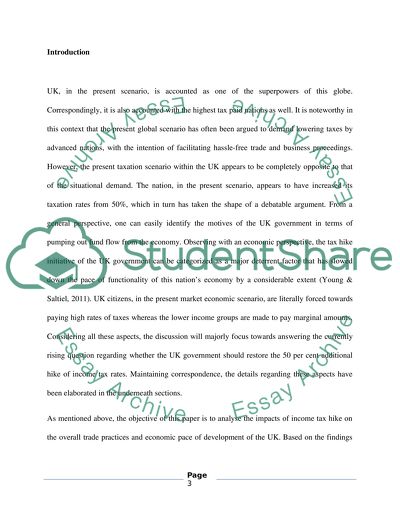Cite this document
(“Should the UK government restore the 50% additional rate of income tax Essay - 4”, n.d.)
Should the UK government restore the 50% additional rate of income tax Essay - 4. Retrieved from https://studentshare.org/finance-accounting/1668648-should-the-uk-government-restore-the-50-additional-rate-of-income-tax
Should the UK government restore the 50% additional rate of income tax Essay - 4. Retrieved from https://studentshare.org/finance-accounting/1668648-should-the-uk-government-restore-the-50-additional-rate-of-income-tax
(Should the UK Government Restore the 50% Additional Rate of Income Tax Essay - 4)
Should the UK Government Restore the 50% Additional Rate of Income Tax Essay - 4. https://studentshare.org/finance-accounting/1668648-should-the-uk-government-restore-the-50-additional-rate-of-income-tax.
Should the UK Government Restore the 50% Additional Rate of Income Tax Essay - 4. https://studentshare.org/finance-accounting/1668648-should-the-uk-government-restore-the-50-additional-rate-of-income-tax.
“Should the UK Government Restore the 50% Additional Rate of Income Tax Essay - 4”, n.d. https://studentshare.org/finance-accounting/1668648-should-the-uk-government-restore-the-50-additional-rate-of-income-tax.


